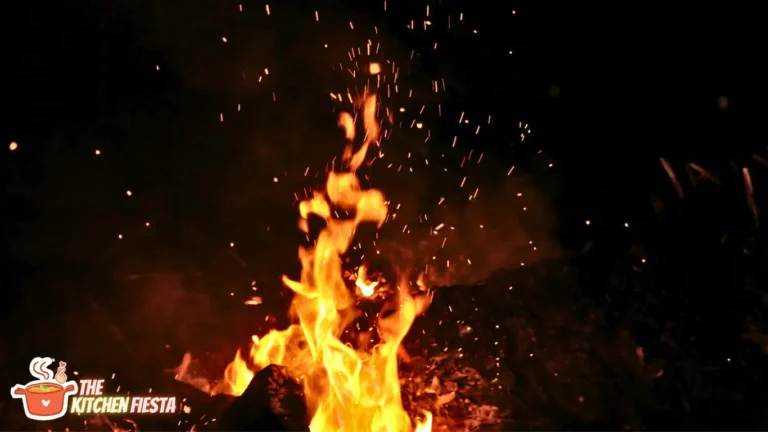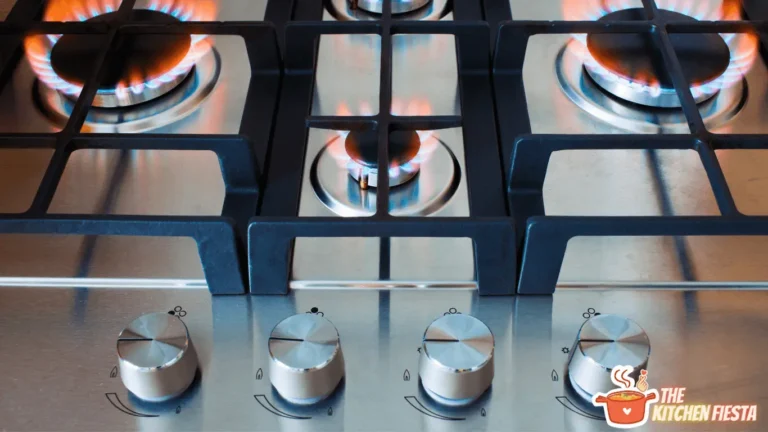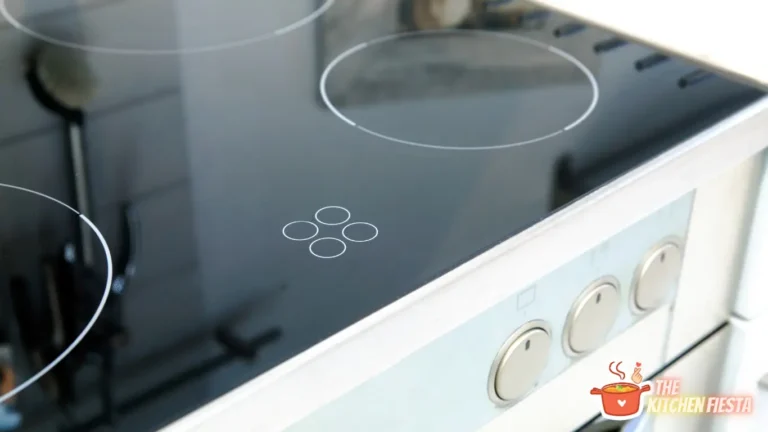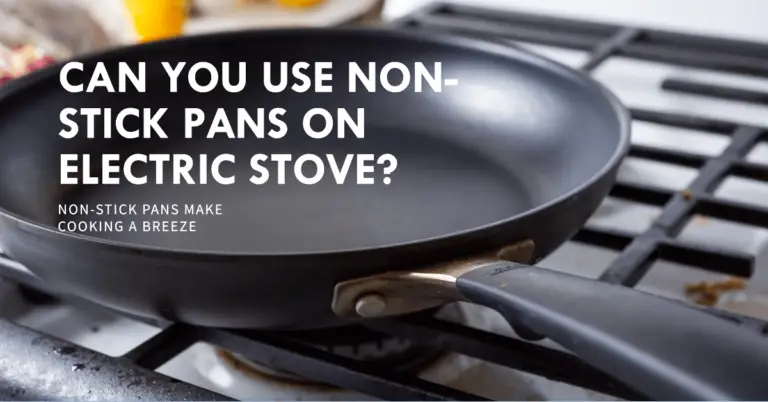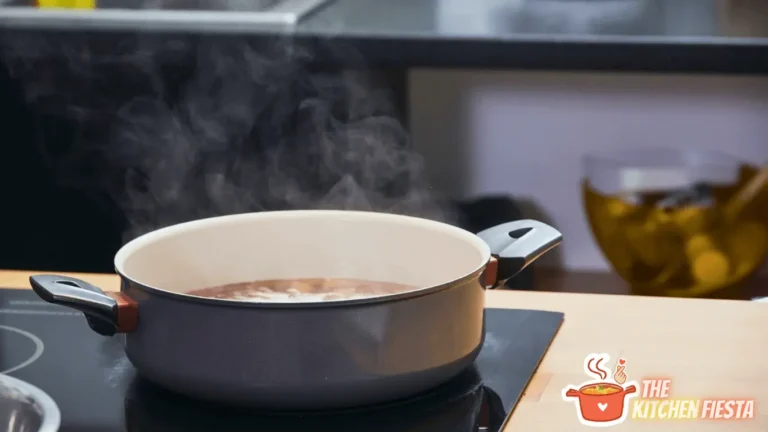Why Is My Electric Oven Buzzing When Heating Up? Causes & Solutions
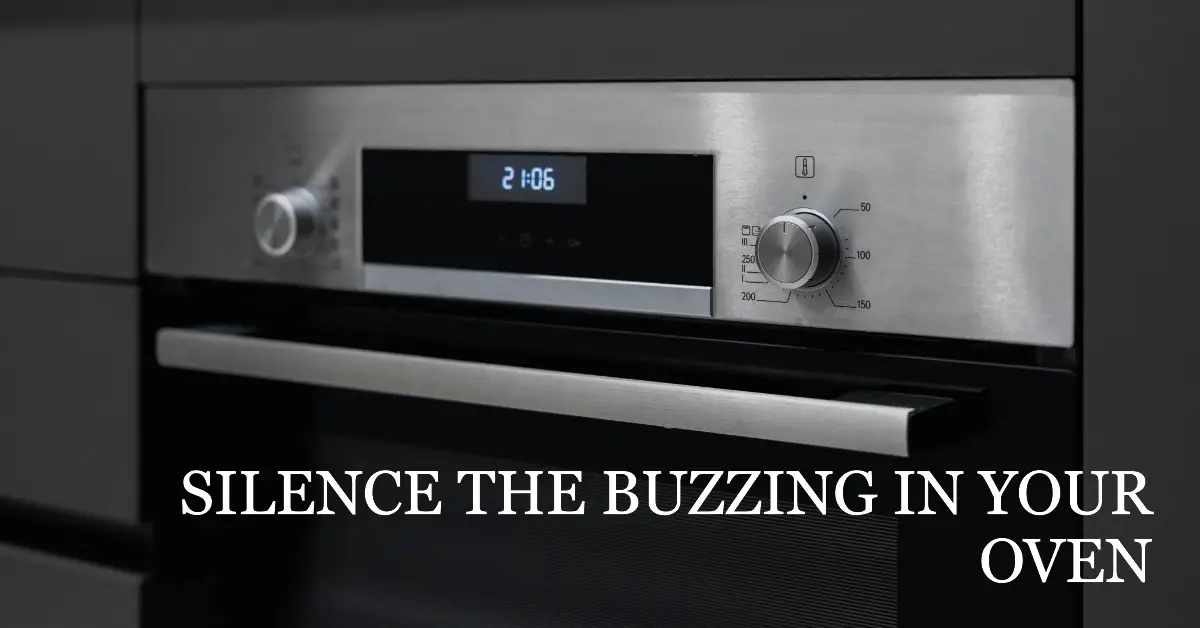
Have you noticed your electric oven making a loud buzzing or humming noise when it starts heating up? This annoying sound can be disruptive, especially if your oven is buzzing early in the morning or late at night when you’re trying to bake or cook.
While oven buzzing may seem harmless, it could signal potential issues with your appliance that need attention. Keep reading to learn what causes electric ovens to buzz when heating, how to fix it, and when to call a technician.
Common Causes of Electric Oven Buzzing Noises
There are a few common culprits behind electric oven buzzing noises:
1. Faulty Heating Element
The heating elements in an electric oven convert electrical current into heat to warm up the oven cavity. Over time, these elements can short out, begin arcing, and create buzzing noises when heating up.
If the buzzing only happens when the element first turns on, this points to a faulty heating element that needs replacement.
2. Loose Internal Connection
An electric oven has many internal electrical connections and wiring sending power to the heating elements, lights, and other components. If a connection has worked itself loose, this can cause buzzing or vibrating noises when power flows.
Loose wiring and terminal connections will need to be inspected and tightened.
3. Bad Thermostat or Temperature Control
The oven thermostat or temperature control regulates power to the heating elements based on the desired temperature setting. If the thermostat malfunctions, it can cause intermittent power, resulting in buzzing.
Faulty thermostats will require replacement by a technician. Older mechanical thermostats are more prone to wearing out and buzzing.
4. Faulty High-Limit Thermostat
A separate high-limit thermostat shuts off power if the oven overheats. Like a regular thermostat, it can wear out over time. A malfunctioning high-limit thermostat will rapidly cut power on and off, inducing buzzing.
5. Cooling Fan Motor Issues
Electric ovens have motors and fans to cool down internal components. If fan blades are obstructed and unbalanced, or the motor is worn out, increased vibration can lead to buzzing noises when the oven is on.
6. Vibration from Nearby Appliances
Sometimes, the buzzing may not be coming directly from the oven itself. Nearby appliances like the refrigerator or dishwasher can create vibrations that transfer through cabinets and make the oven vibrate sympathetically.
Track down the source of buzzing noises and isolate whether the issue is the oven or another appliance. Install cushion pads under appliances to muffle transferred vibrations.
Now that you know why an electric oven may buzz when heating up, here are solutions to stop the annoying noises:
4 Steps to Fix an Electric Oven That Buzzes When Heating
Follow these troubleshooting steps to quiet down a buzzing electric oven:
1. Locate the Source of the Buzzing Noise
The first step is to pinpoint exactly where the buzzing comes from in the oven’s interior. Safety caution: Disconnect power to the oven at the circuit breaker before inspection.
Remove the bottom panel and inspect the internal components while the oven is heating up. Listen and look closely to locate buzzing coming from heating elements, thermostats, fans, or wiring.
This step determines which part needs servicing or replacement.
2. Inspect the Heating Elements
Visually check the upper and lower heating elements for dark spots, cracks, gaps, bulges, or damage. Signs of wear indicate it’s time to replace the heating element.
An ohmmeter can also test element resistance and check for shorts. Consult the oven manufacturer’s repair manual for the proper ohm reading on your model.
3. Check Electrical Connections
Inspect wiring for rub damage and insulation cracks, which can cause short circuits and arcing. Make sure all connectors and terminals are fully inserted and tight. Loose connections vibrate, buzz, and overheat.
Use an ohmmeter to test for the continuity of circuits. Repair or replace damaged wiring as needed.
4. Replace Thermostats or Fans
These components will need professional replacement if the thermostats or cooling fans are suspected. Don’t attempt this yourself if you lack electrical expertise.
Test thermostats using an ohmmeter or thermometer to confirm they are not regulating temperature properly. Replace defective ones.
Check that fan blades spin freely without obstruction. Replace worn-out fan motors that have inadequate airflow and overheat.
With basic tools and safety precautions, you can troubleshoot and fix many buzzing oven issues on your own. However, when should you call in a professional?
When to Call an Appliance Repair Technician?
While the steps above can resolve many simple buzzing issues, it’s best to call an appliance repair technician for:
- Buzzing from Internal Electrical Issue – If the cause is not visible or accessible, an internal short circuit may need a diagnosis. Let a pro handle testing.
- Beyond DIY Electrical Expertise – If you are not 100% confident in using an ohmmeter, replacing thermostats, or handling high-voltage parts, don’t risk safety or create further issues.
- New Oven Still Under Warranty – If the oven is newly installed and buzzing under normal use, don’t attempt to fix it yourself, as this may void the warranty. Have the manufacturer repair it under warranty.
Repair technicians have specialized tools, testing equipment, and experience to track down buzzing oven issues and fix them properly. It’s worth the cost to have it repaired correctly and safely.
Preventing Future Electric Oven Buzzing
While oven buzzing often occurs due to age and wear, you can take steps to prolong the life of components and prevent premature buzzing:
- Keep Oven Clean and Vents Clear – Built-up grease, grime, and food spills trap heat and cause oven components to overheat and buzz over time.
- Don’t Block Vents with Foil or Cookware – Anything covering interior vents reduces airflow, which leads to overheating. Never cover an oven floor fully with foil.
- Ensure Oven is Properly Grounded – An oven not grounded properly can lead to electrical arcing noises as current seeks a path to ground.
- Replace Old Heating Elements – Don’t wait for heating elements to buzz or fail completely. Have older elements proactively replaced.
With periodic maintenance and care, your electric oven will heat quietly for years before needing repairs.
Is It Safe to Use an Oven That Buzzes?
You may wonder if using an oven that buzzes or makes noises when heating up is still safe. Here are a few guidelines:
- Buzzing is Often Just Annoying, Not Dangerous – In many cases, a buzzing oven may function fine and not pose any hazard. The noise alone doesn’t make it unsafe as long as it’s cooking properly. However, it’s still wise to have it checked out.
- Get Buzzing Evaluated to Ensure No Fire Hazard – It’s important to rule out any potential electrical arcing or heating element shorts, which could become a fire risk if left unattended. Don’t ignore buzzing.
- Don’t Use if Buzzing Indicates Electrical Arcing – Loud snapping, crackling, and buzzing can indicate dangerous arcing. Disconnect power until repaired.
When in doubt, be cautious and consult an appliance repair technician to evaluate if your buzzing oven is safe to operate before continuing to use it.
FAQs About Electric Oven Buzzing Noises
Here are answers to some frequently asked questions about buzzing oven sounds:
Why does my oven buzz when preheating?
Buzzing mainly occurs when an oven first starts heating up because this is when elements draw maximum power. Faulty components, like worn-out heating elements, are most likely to malfunction when initially energized.
Why does my oven buzz when it turns off?
Some buzzing may occur when heating elements cycle off. The rapid change in current flow and temperature can cause expansion and vibration in defective elements, causing buzzing sounds when power cuts off.
Why does my new oven buzz?
If an oven buzzes right after installation, it likely has a defective component. Thermostats, heating elements, and internal wiring should be checked. New ovens may have loose parts that need to be tightened and secured.
Why does my oven buzz when I open the door?
The sudden rush of cooler air when the door opens can vibrate heating elements, causing momentary buzzing. Older elements exposed to repeated thermal shock from door openings are more prone to buzzing.
Conclusion
When it heats up, buzzing or humming noises from an electric oven are annoying but often indicate simple problems that can be repaired.
Common culprits are worn-out heating elements, loose connections, faulty thermostats or fans, and proximity to vibrating appliances.
Locate the buzzing source, inspect heating elements and wiring, replace defective parts, and maintain your oven. Consider replacing older elements proactively.
Severe buzzing or crackling suggests electrical arcing and greater hazards. Discontinue use and immediately call an appliance repair technician to evaluate and service your oven.
With attention and care, you can stop your oven from buzzing when it heats and enjoy peace at mealtime again!

